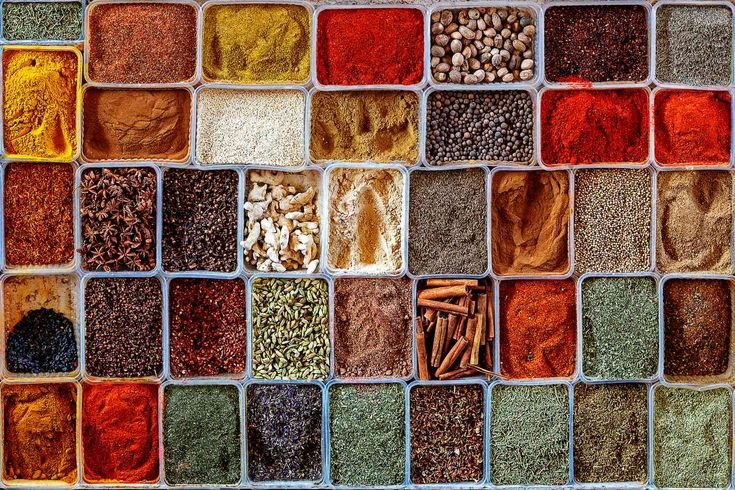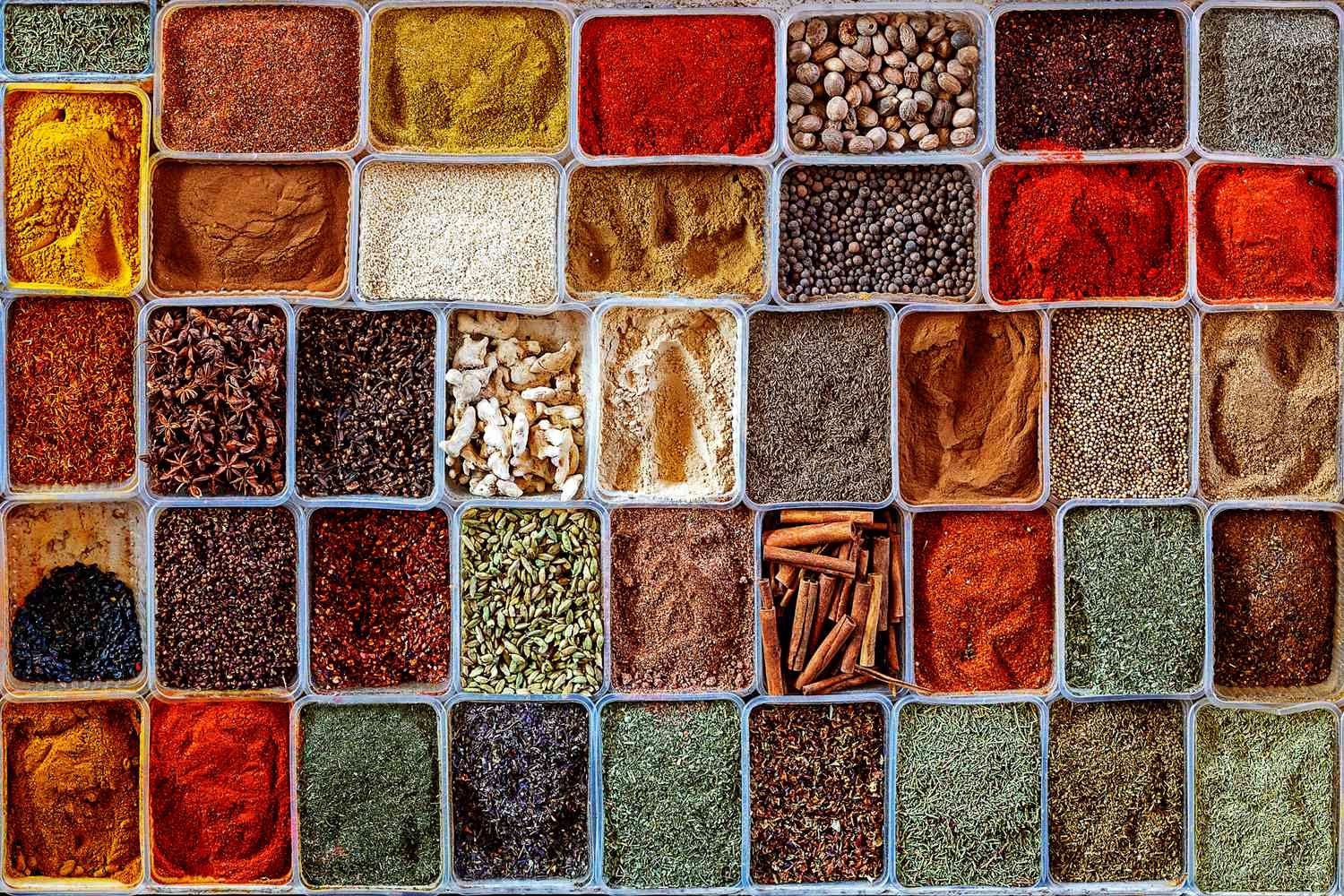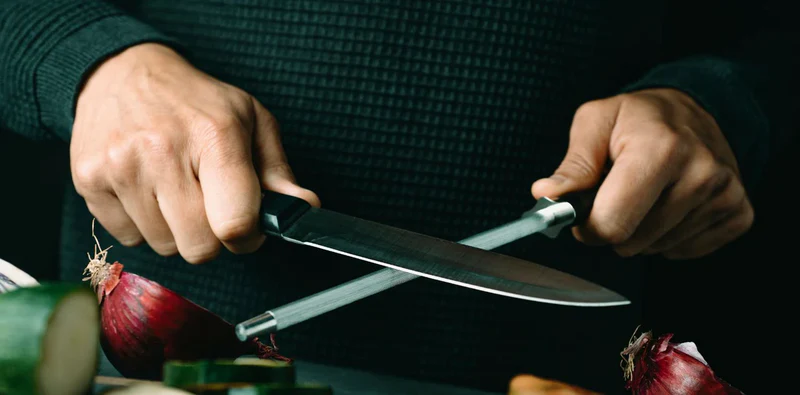Spices are the heart of any great dish, turning simple ingredients into mouthwatering meals with just a pinch. Whether you’re a seasoned chef or a beginner in the kitchen, having a well-stocked spice rack can help you explore flavors and take your cooking to the next level. In this guide, we’ll walk you through the essential spices every home kitchen should have.
1. Salt
Why It’s Essential:
Salt is the most fundamental and versatile spice in any kitchen. It enhances flavors, balances sweetness and bitterness, and plays a crucial role in bringing out the best in both savory and sweet dishes.
Types to Consider:
- Table Salt: A basic and inexpensive option, good for everyday use.
- Kosher Salt: Popular for its coarse texture and mild flavor.
- Sea Salt: Comes in various textures and adds a mineral-rich flavor to dishes.
2. Black Pepper
Why It’s Essential:
Black pepper is a must-have spice for almost any savory dish. It adds heat, depth, and complexity. Freshly ground pepper enhances the flavor of meats, vegetables, and sauces, and it can be used in both hot and cold dishes.
Tip:
For the best flavor, buy whole peppercorns and grind them as needed.

3. Cumin
Why It’s Essential:
Cumin has a warm, earthy flavor that adds richness to both meat-based and vegetarian dishes. It’s a staple in many global cuisines, including Mexican, Indian, and Middle Eastern.
Uses:
- Ground cumin works well in curries, stews, and soups.
- Whole cumin seeds are great for toasting in oil to release their aromatic oils.
4. Paprika
Why It’s Essential:
Paprika adds color and a mild, slightly sweet flavor. It’s an essential ingredient in many European and Mediterranean dishes, especially in Spanish and Hungarian cuisines.
Types of Paprika:
- Sweet Paprika: The most common type, used for color and subtle flavor.
- Smoked Paprika: Adds a smoky depth, great for grilling and roasted vegetables.
- Hot Paprika: Adds heat and a spicier kick to dishes.
5. Garlic Powder
Why It’s Essential:
Garlic powder is a convenient alternative to fresh garlic. It adds a rich, savory flavor that complements almost any dish, from pasta to roasted vegetables and meats.
Tip:
Use garlic powder in marinades, rubs, or sprinkle it over popcorn for a quick snack.
6. Chili Powder
Why It’s Essential:
Chili powder brings warmth and spice to a dish, with a perfect balance of heat and smokiness. It’s ideal for Tex-Mex, Indian, and Caribbean cuisines.
Uses:
- Add it to chili, tacos, stews, and soups for a spicy kick.
- Combine with cumin and paprika for a robust seasoning mix.
7. Cinnamon
Why It’s Essential:
Cinnamon is a versatile spice that’s used in both sweet and savory dishes. It adds a warm, slightly sweet flavor and is commonly found in desserts, but it also complements meats, particularly lamb and chicken.
Uses:
- Sprinkle cinnamon on oatmeal, muffins, or apple pie.
- Add it to curries, Moroccan tagines, and stews for depth of flavor.
8. Turmeric
Why It’s Essential:
Turmeric’s vibrant yellow color and earthy, slightly bitter flavor make it a signature spice in Indian and Southeast Asian dishes. It’s also known for its anti-inflammatory properties, making it a popular ingredient in health-conscious kitchens.
Uses:
- Add it to rice, curries, and soups.
- Use it in golden milk or smoothies for a health boost.
9. Oregano
Why It’s Essential:
Oregano is essential for Mediterranean and Italian cooking. It has a bold, slightly bitter flavor that complements tomatoes, garlic, and olive oil in pasta sauces, stews, and roasted dishes.
Uses:
- Sprinkle dried oregano on pizzas, pasta sauces, or roasted vegetables.
- Add fresh oregano to salads, sandwiches, or grilled meats.
10. Thyme
Why It’s Essential:
Thyme is a versatile herb with a slightly minty, lemony flavor. It’s used in a wide range of dishes, from roasted meats and vegetables to stews and soups.
Uses:
- Add fresh thyme to roasts, stews, and marinades.
- Use dried thyme in sauces, soups, and braised dishes.
11. Bay Leaves
Why They’re Essential:
Bay leaves are aromatic and add a subtle herbal flavor to dishes. They’re commonly used in long-simmering stews, soups, and stocks, where their flavor has time to infuse the liquid.
Tip:
Remove the bay leaves before serving, as they’re tough to eat.
12. Ginger
Why It’s Essential:
Ginger adds a refreshing and slightly spicy flavor that brightens up both sweet and savory dishes. It’s essential in many Asian cuisines, from Thai to Chinese, and is also great in baking.
Uses:
- Fresh ginger is great in stir-fries, curries, and teas.
- Ground ginger is perfect for cookies, cakes, and quick breads.
13. Rosemary
Why It’s Essential:
Rosemary has a piney, earthy flavor that pairs well with roasted meats, especially lamb and chicken, as well as potatoes and breads.
Uses:
- Add fresh rosemary sprigs to roasts and marinades.
- Sprinkle dried rosemary on focaccia or mix it with olive oil for dipping.
Conclusion
These essential spices will not only enhance the flavor of your dishes but also help you create a variety of meals from different culinary traditions. Stocking your kitchen with these spices ensures you’re prepared for any cooking challenge, from simple weeknight dinners to complex gourmet meals. Experiment with these spices to discover new flavors, and let your cooking flourish!











